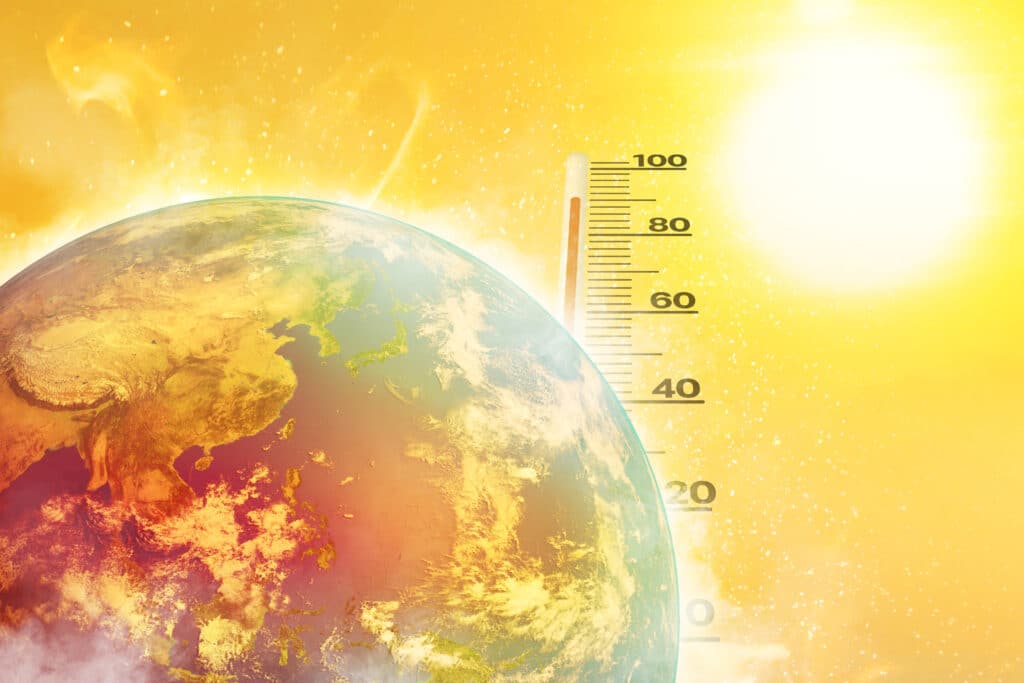
Jenan Taylor
24 June 2024
The Australian government has been urged to compensate Pacific Island communities for climate change-related damage, including inundated homes and degraded drinking water and food crops.
Religious and civil climate advocates warned many Pacific Island communities faced loss of lives, livelihoods and infrastructure beyond their ability to recover economically.
Organisations including Common Grace and Oxfam Australia said Australia had a moral obligation to financially support its poorer neighbours because its activities contributed to their climate-related devastation.
They said despite verbal support for a new loss and damage fund Australia has withheld payments to it since it was established in 2023.
Common Grace said it was time Australia paid its fair share of compensation to vulnerable communities, including Pacific Island nations, because it benefitted hugely from the use of fossil fuels.
Creation and Climate Justice Coordinator Jane Kelly said mitigation and adaptation had done some good, but Australia’s climate funds needed to respond to the reality Pacific Islanders’ faced.
Read more: ‘Our role is to deal with suffering now’: Pacific churches leader
Anglican Torres Strait Islander leader Dr Rose Elu said her community wanted purposeful climate action from the Australian government because the destruction it experienced was beyond its ability to adapt.
Dr Elu said the Torres Strait Islands were her people’s God-given lands and it was heartbreaking to contemplate leaving them.
She said the government’s band aid solutions including building sea walls and recommendations to increase sand bagging were ineffective.
Dr Elu said homes, burial grounds and drinkable water were being destroyed by encroaching seas, and increasingly intense storms.
Oxfam Australia Acting Policy and Advocacy lead Julie-Anne Richards said many Pacific countries were at a point where the damage they were experiencing was deepening inequality.
Ms Richards said Vanuatu had suffered about 60 per cent GDP loss because of cyclone damage, and some villages in Fiji were already relocated because of rising sea levels.
She said governments, communities and aid agencies were unable to focus on the health or education of affected populations, and were dealing with infrastructure and housing rebuilds instead.
Ms Richards said Australia had a moral responsibility to compensate them properly, and needed to contribute upwards of $100 million dollars to the loss and damage fund.
“Unless there is funding at the scale that is really going to support communities on the frontline of climate impacts, we’re not going to be able to continue to move forward from a development point of view,” Ms Richards said.
“We’re going to be at best standing still, but more likely walking backwards, instead.”
Archbishop of Brisbane Jeremy Greaves recently visited the Torres Strait Islands and observed the effects of climate change.
He said he heard the deep sadness of people who felt forgotten by other Australians as their islands became unliveable.
Bishop Greaves said climate change was also affecting the Church in the far north of Australia, meaning there was less money for ministry.
Read more: Climate change to blame for widespread hunger and increased violence in Africa
Ms Kelly said Christian Australians had a duty to stand in unity with the struggles of Pacific Islanders and their calls for better care.
She said along with fighting desperately to save their homes they were leading calls for global surface temperature increases to be limited to 1.5 degree Celsius.
“As Christians we talk about caring for humanity, and our Pacific Islands neighbours are our brothers and sisters in humanity, and in Christ,” Ms Kelly said.
“We need to recognise our role in their struggles and speak up to tell our government and opposition they need to move more boldly and strongly on action against climate change.”
The Department of Climate Change, Energy, the Environment and Water referred to a 2023 statement on climate finance.
In it, the Australian government welcomed a United Nations Climate Conference decision to operationalise a new fund for supporting developing countries to respond to climate impacts.
It said it looked forward to the new fund delivering for the Pacific.
For more faith news, follow The Melbourne Anglican on Facebook, Instagram, or subscribe to our weekly emails.







